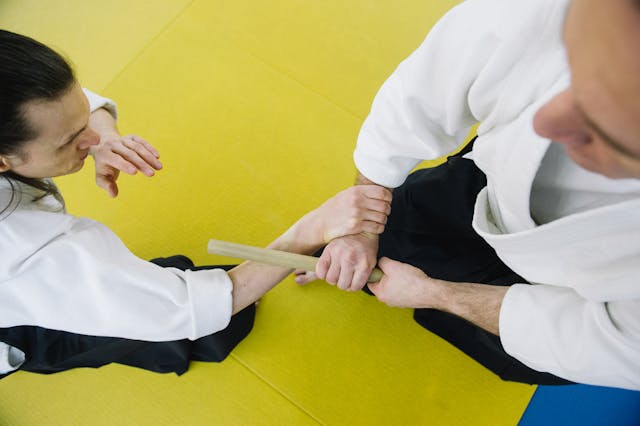In today’s world, personal safety is a growing concern for many individuals. With the rise in crime rates and the increasing need for self-protection, non-lethal self-defence tools have become a popular choice. Among these, tools like stun guns, pepper spray, and personal alarms are widely used. However, the ethical implications of using such devices often spark debate. Are they truly a responsible choice, or do they pose risks that outweigh their benefits? This article explores the ethics of using non-lethal self-defence tools and their role in modern society.
 One of the primary ethical considerations is the intent behind using non-lethal tools. Unlike firearms, which are designed to cause fatal harm, non-lethal tools aim to incapacitate an attacker temporarily. This reduces the risk of permanent injury or death, aligning with the principle of using minimal force necessary to protect oneself. However, critics argue that even non-lethal tools can be misused, leading to unnecessary harm or escalation of violence.
One of the primary ethical considerations is the intent behind using non-lethal tools. Unlike firearms, which are designed to cause fatal harm, non-lethal tools aim to incapacitate an attacker temporarily. This reduces the risk of permanent injury or death, aligning with the principle of using minimal force necessary to protect oneself. However, critics argue that even non-lethal tools can be misused, leading to unnecessary harm or escalation of violence.
Balancing Safety and Responsibility
The use of non-lethal self-defence tools requires a balance between personal safety and ethical responsibility. For instance, stun guns and pepper spray are effective in deterring attackers, but they must be used judiciously. Over-reliance on these tools can lead to a false sense of security, potentially putting users in riskier situations. It’s crucial to understand that these devices are not a substitute for situational awareness or proper self-defence training.
Another ethical concern is the potential for misuse. Non-lethal tools can fall into the wrong hands, leading to their use in acts of aggression rather than defence. This raises questions about accessibility and regulation. Should there be stricter controls on who can purchase and carry these devices? While some argue that such measures would infringe on personal freedoms, others believe they are necessary to prevent abuse.
The Role of Non-Lethal Tools in Modern Society
Non-lethal self-defence tools play a significant role in empowering individuals, particularly those who may feel vulnerable. For example, women, the elderly, and those living in high-crime areas often turn to these devices for peace of mind. Companies like Dekkade provide a range of options designed to meet diverse needs, ensuring that users can find a tool that suits their specific circumstances. This accessibility is a key factor in their growing popularity.
However, the ethical debate extends beyond individual use. The widespread adoption of non-lethal tools can influence societal norms and perceptions of safety. Some argue that their prevalence normalizes the idea of constant threat, potentially fostering a culture of fear. Others believe that these tools contribute to a safer society by giving individuals the means to protect themselves and deter potential attackers.
Legal and Moral Implications
The legal landscape surrounding non-lethal self-defence tools varies widely across regions. In some areas, they are heavily regulated, while in others, they are readily available. This inconsistency can create ethical dilemmas for users who travel or relocate. Additionally, the moral responsibility of using these tools cannot be overlooked. Users must consider the potential consequences of their actions, even in high-stress situations.
Training and education are essential components of responsible use. Understanding how to properly deploy a stun gun or pepper spray can minimize the risk of unintended harm. Many organizations, including Dekkade, offer resources to help users make informed decisions and use their tools effectively. This emphasis on education underscores the importance of ethical considerations in the self-defence industry.
Conclusion
The ethics of using non-lethal self-defence tools are complex and multifaceted. While they offer a valuable means of protection, their use must be guided by responsibility, awareness, and respect for the potential consequences. By striking a balance between safety and ethical considerations, individuals can make informed choices that align with their values and needs. Whether you’re exploring options for personal safety or simply seeking to understand the broader implications, it’s clear that non-lethal tools are an important part of the conversation.

